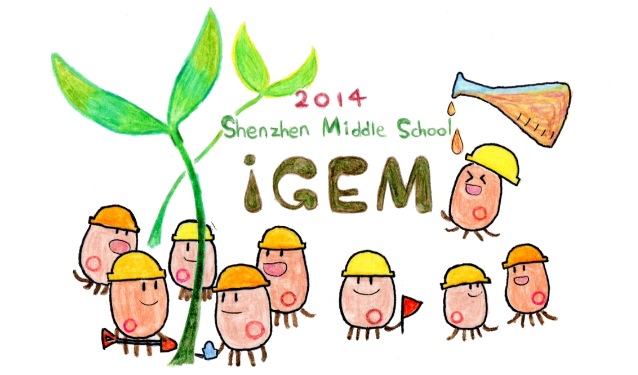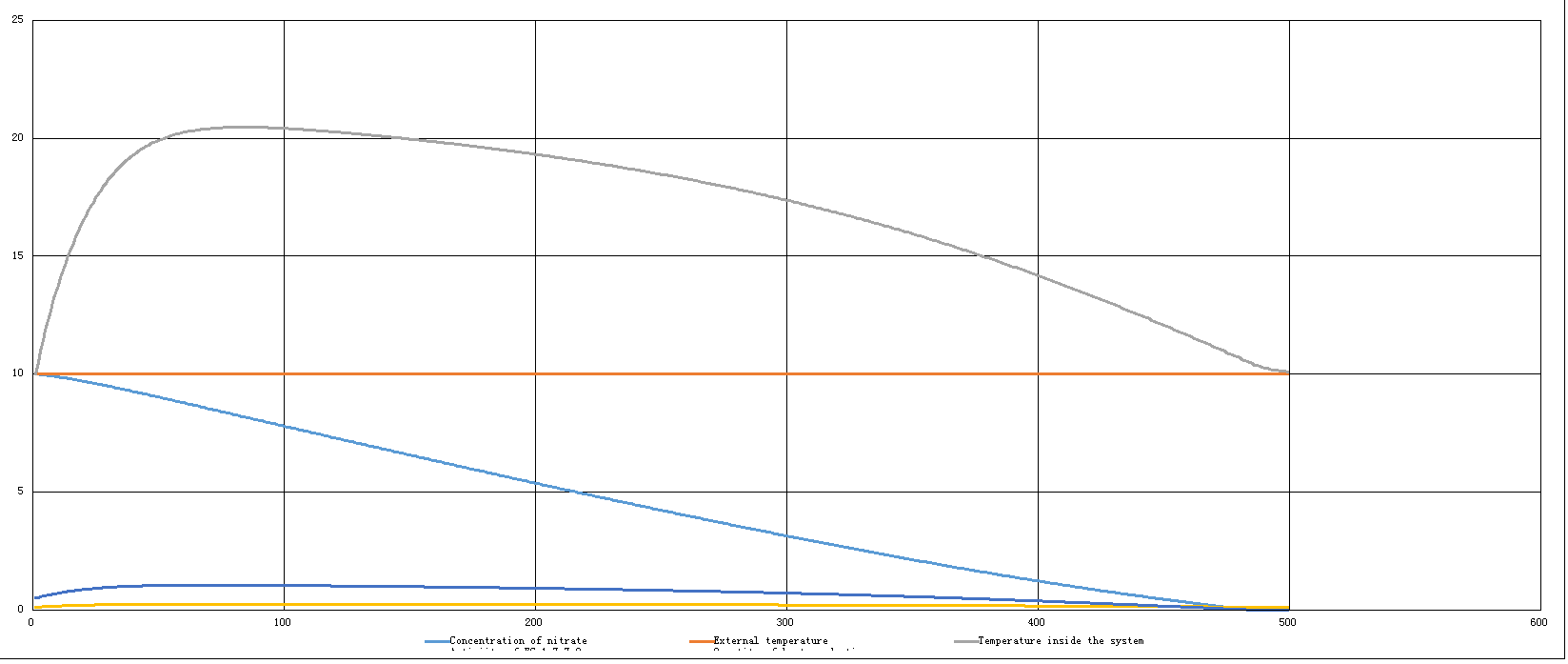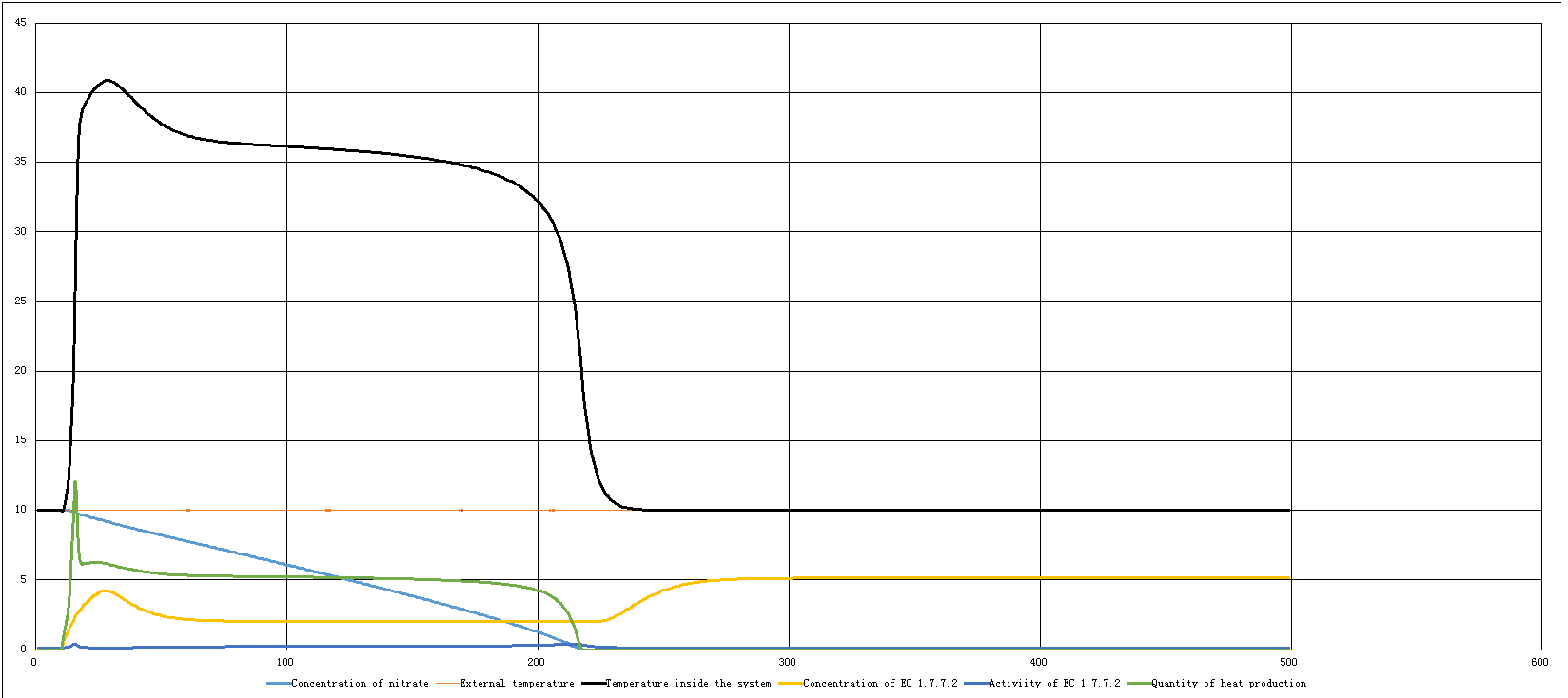Team:Shenzhen SZMS
From 2014hs.igem.org
| Home | Team Members | Project | Lab | Gallery | Human Practice |
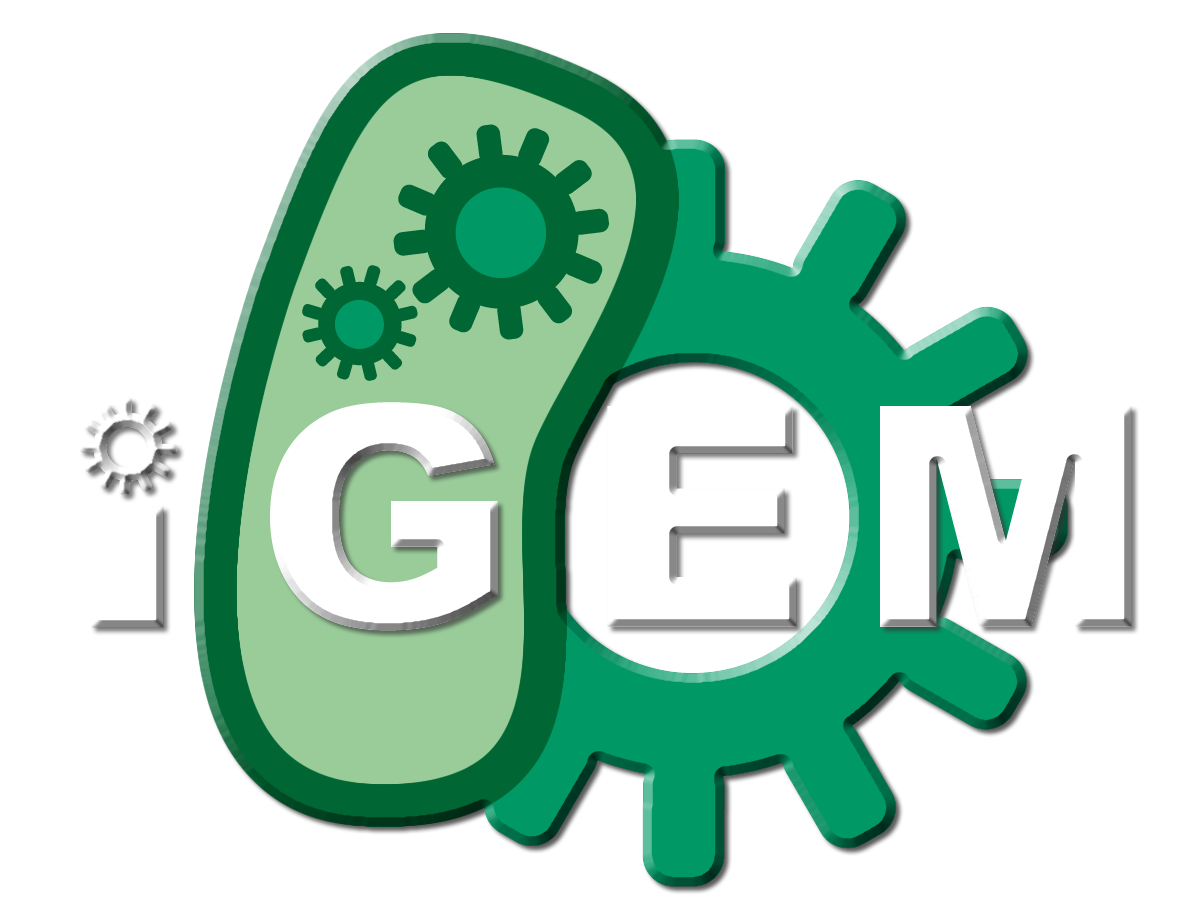
| 
|
Welcome to homepage of Team:Shenzhen SZMS! Our project is called E. coli Plant-sitter.
Contents |
Team
Shenzhen Middle School (深圳中学 Shēn Zhèn Zhōng Xué) is an high school in Luohu District, Shenzhen, Guangdong ever since 1947. In December 2013, a group of 17 SZMS students who have enthusiasm in biology were gathered together in the little yet omnipotent lab on campus; ever since then, this team of 17, Shenzhen SZMS has been established.
Attributions
Hey here! Check out our 17 members!Team:Shenzhen SZMS/Team Members.
Project
Our project is to create an E. coli Plant-sitter toolkit whose functions include temperature moderation, fungi inhibition, and hormone provision. We aim to achieve smart manipulation of plant growth introduced through synthetic biology. We hope that our toolkit will simplify the process of plant cultivation and make the technology of synthetic biology accessible to people’s daily life.
Read more:Team:Shenzhen SZMS/Project
Lab
Wanna find more about how we bulid our plasmid? Check here:Team:Shenzhen SZMS/Lab
Modeling
In order to assess the efficiency of our E.coli babysitter, we have made math models for the core system in it, EC 1.7.7.2, which functions as to heat up the environment to provide a more suitable temperature for the plant.
EC 1.7.7.2 is basically a ferredoxin-nitrate reductase; with the required substrates nitrate and reduced ferredoxin, EC 1.7.7.2 is able to catalyze the reactions below:
nitrite + H2O + oxidized ferredoxin ⇄ nitrate + reduced ferredoxin + 2 H+
HNO2 + NH3 = N2↑+ 2H
obviously as suggested above,the first reaction is a reversible one; the heat we need is actually from the second reaction since the first one is basically to convert nitrate provided by our special LB into nitrite.On the other hand, the warmth released by the first reaction is so little that it has nearly no effect on the result. Consequently,we make only the math models for the second reaction, whose substrate is nitrate. As calculated, the general warmth that would be released is 334.55 KJ/mol, which is a theoretical datum.
However,considering the fact that we do not have adequate data to carry out our math models, we finally decide to use proportionality instead of accurate data. Both of the following charts are established by Excel.
The first one is a model under the condition that purely only EC 1.7.7.2 is functioning, which means, the concentration of it remains unchanged: (grey bold line → temperature inside the systerm)
The second one is a model under the condition that RNA Thermometer in the first part of our entire plasmid is functioning to start the heating-up system which is mostly EC 1.7.7.2 in certain extent of external temperature (<27℃). Since it is being manipulated by the other system, the concentration of EC 1.7.7.2 can no long remain unchanged, but changed over time: (black bold line → temperature inside the systerm)
General information about EC 1.7.7.2 can be found in the following link: http://www.genome.jp/dbget-bin/www_bget?ec:1.7.7.2.
Safety
iGEM Safety Questions
1. Would any of your project ideas raise safety issues in terms of:
researcher safety,
public safety, or
environmental safety
Organisms:
E.coli
1.Risk Group 1 (no or low individual and community risk) - WHO Laboratory Biosafety Manual
BSL 1 - The list of human to human transmission of pathogenic microorganisms
Scindapsus aureus
2.Risk Group 1 (no or low individual and community risk) - WHO Laboratory Biosafety Manual
Risks:
1.Potential pathogenicity to team members since e.coli is infectant and would cause disease when accumulating.
2.Potential risk of the release of modified gene out of the lab and possible pollution of other organisms.
Addressing issues:
1.Suicide system
2.Lab Safety Rules: Good microbiological techniques(GMT)
General requirements for laboratory biosafety GB-19489 2008
Safety training:
1. WHO Laboratory Biosafety Manual
2. General requirements for laboratory biosafety GB-19489 2008
3. Biosafety in the Microbiological and Biomedical Laboratories Manual,3th edition CDC/NIH
Accident out of plan:
1.Release of modified gene and possible genetic pollution if the containment procedures go wrong.
2.Release of bacteria and possible health problem of team members.
Addressing issues:
1.Suicide system to prevent genetic pollution.
2.Protection suits for researchers.
3.Medical examination in hospital.
4.Complete sterilization in the lab.
2. Do any of the new BioBrick parts (or devices) that you made this year raise safety issues? If yes,
Did you document these issues in the Registry?
How did you manage to handle the safety issue?
How could other teams learn from your experience?
All the biosafety levels of the parts in our project are BSL 1.
Suicide system
3. Is there a local biosafety group, committee, or review board at your institution?
If yes, what does your local biosafety group think about your project?
If no, which specific biosafety rules or guidelines do you have to consider in your country?
No.
WHO Laboratory Biosafety Manual
General requirements for laboratory biosafety GB-19489 2008
Biosafety in the Microbiological and Biomedical Laboratories Manual,3th edition CDC/NIH
4. Do you have any other ideas how to deal with safety issues that could be useful for future iGEM competitions? How could parts, devices and systems be made even safer through biosafety engineering?
1.Safety level examination of parts and devices in lab.
2.Clear biosafety hierarchy system of BioBrick parts(or devices) and publish the classification on the website of iGem for participants to consult.
3.Suicide system to prevent genetic pollution when release of organism happens.
Human Practice
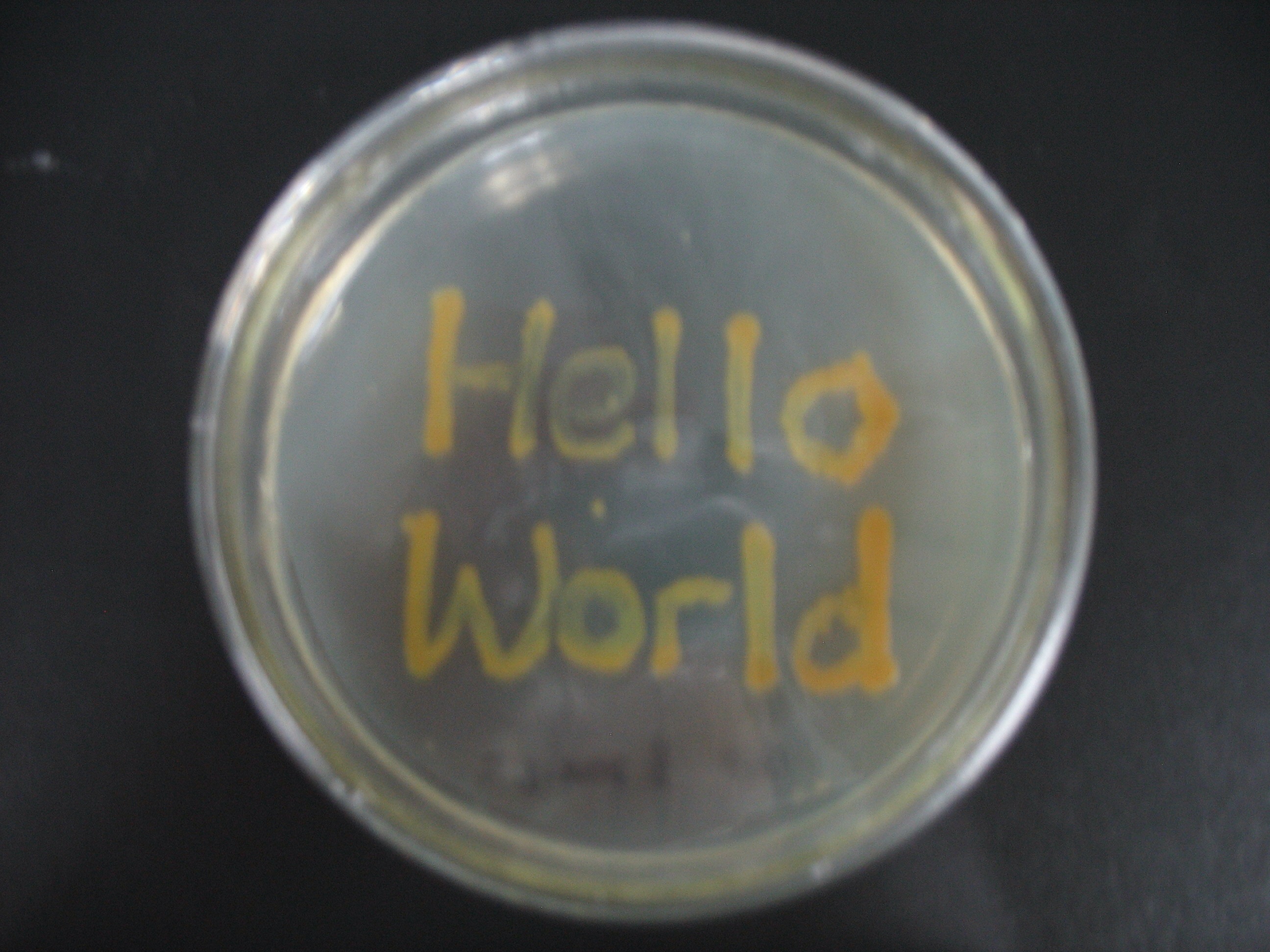
|
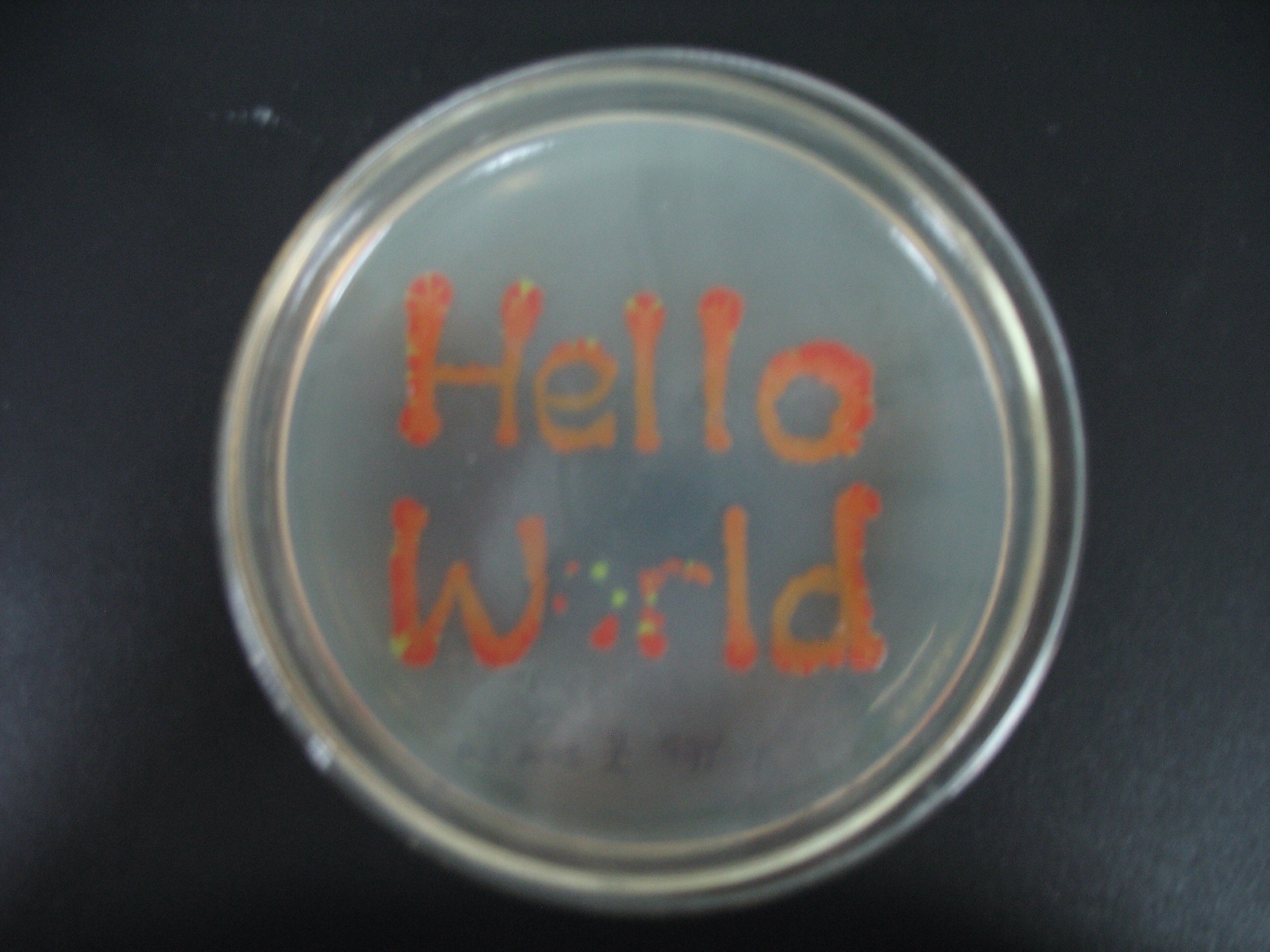
|
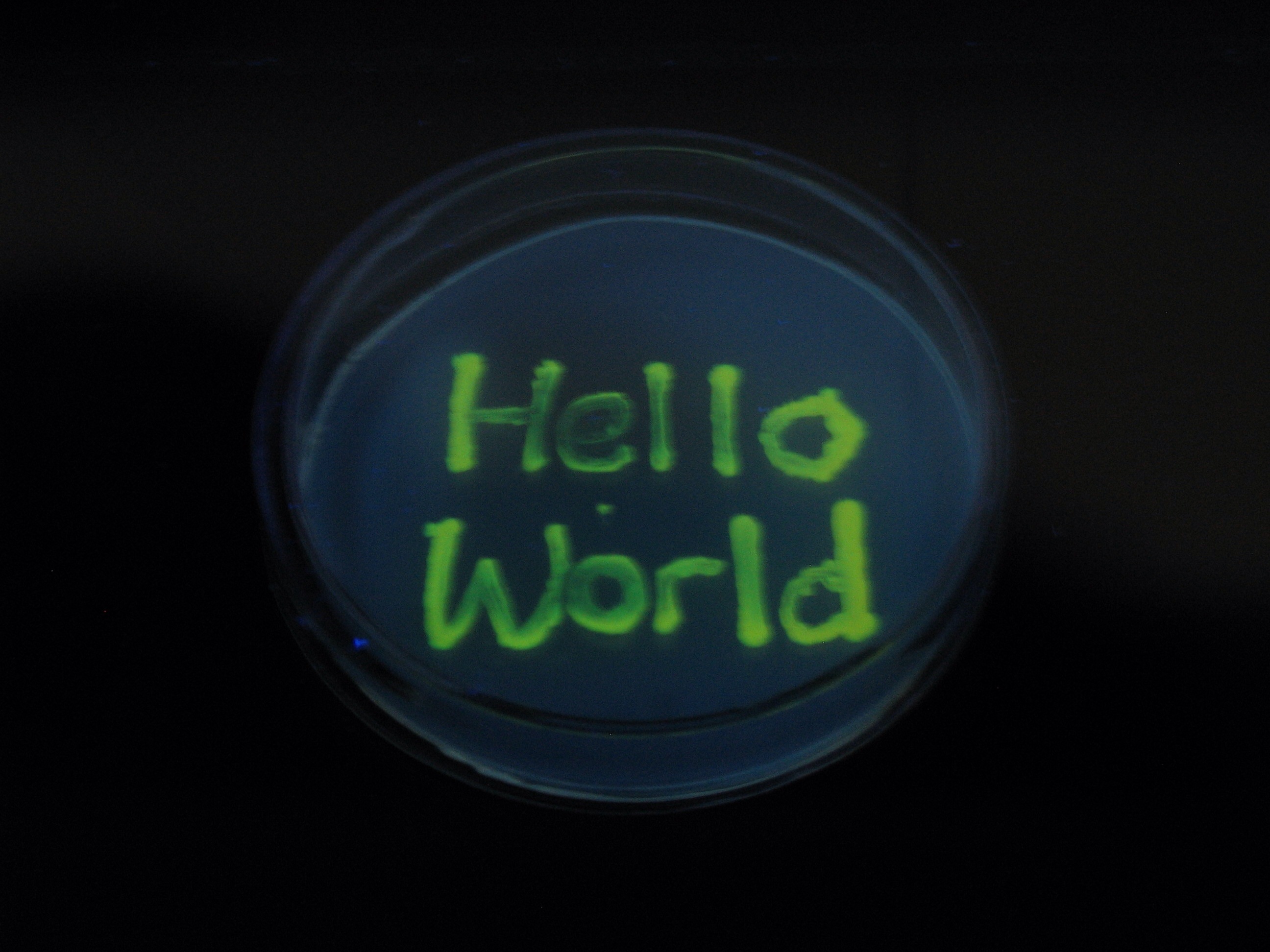
|
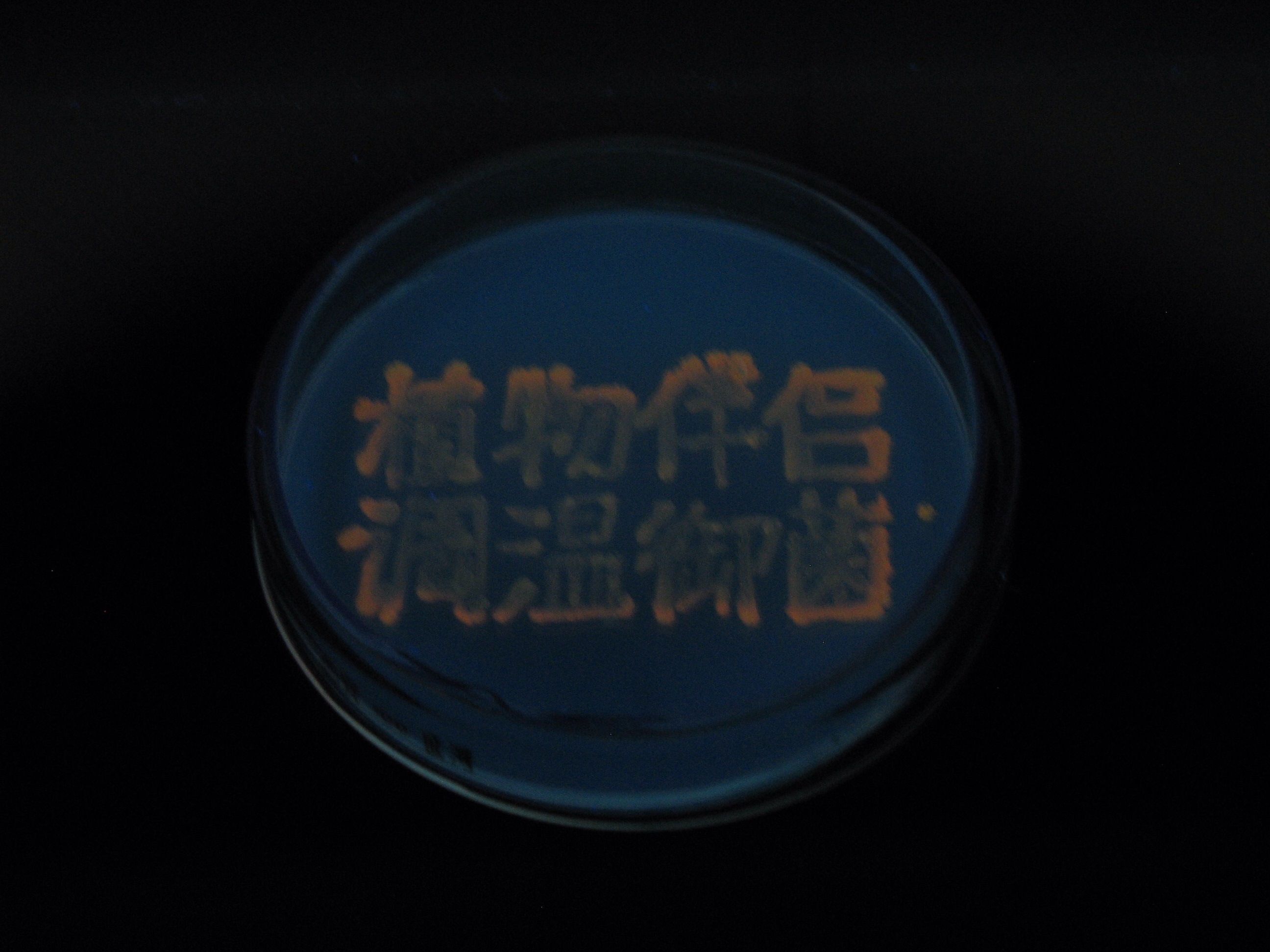
|
Come and meet the friend of our E.coli babysitter, E.coli the Fluorescent!
Sincere greeting from the iGem lab in Shenzhen Middle School!
Since all of our E.coli the Fluorescent are brilliant in both languages, the fourth group of them are advertising for their friend, E.coli Plant-sitter: "The soulmate of plant, E.coli babysitter hug you warm and give you heat all the time."
Our human practice plan includes:
- Take part in [http://www.dnaday.com/default.asp BIT's 5th World Annual World DNA and Genome Day] in Dalian from April 25 to 28, 2014.
Details:Team:Shenzhen SZMS/Human Practice/BIT's 5th World DNA and Genome Day - Open our laboratory and invite students in our school to come and experience what we usually do, such as agarose gel electrophoresis.
Details:Team:Shenzhen SZMS/Human Practice/Laboratory Open Day - Hold lectures at junior high schools in Shenzhen to encourage junior high school students to love biology.
Details:Team:Shenzhen SZMS/Human Practice/Lectures
Fun
Theme song for our project called E.coli Plant-sitter heals the world! A song that always arises in our minds whenever we think of iGem :)
Find more photos here:Team:Shenzhen SZMS/Gallery!
More Info
- [http://www.shenzhong.net/ school offical website (in Chinese)]
- [http://www.shenzhong.net/news/2013314/n73836977.html school intro (in English)]
- [http://en.wikipedia.org/wiki/Shenzhen_Middle_School school info on Wikipedia]
 "
"
